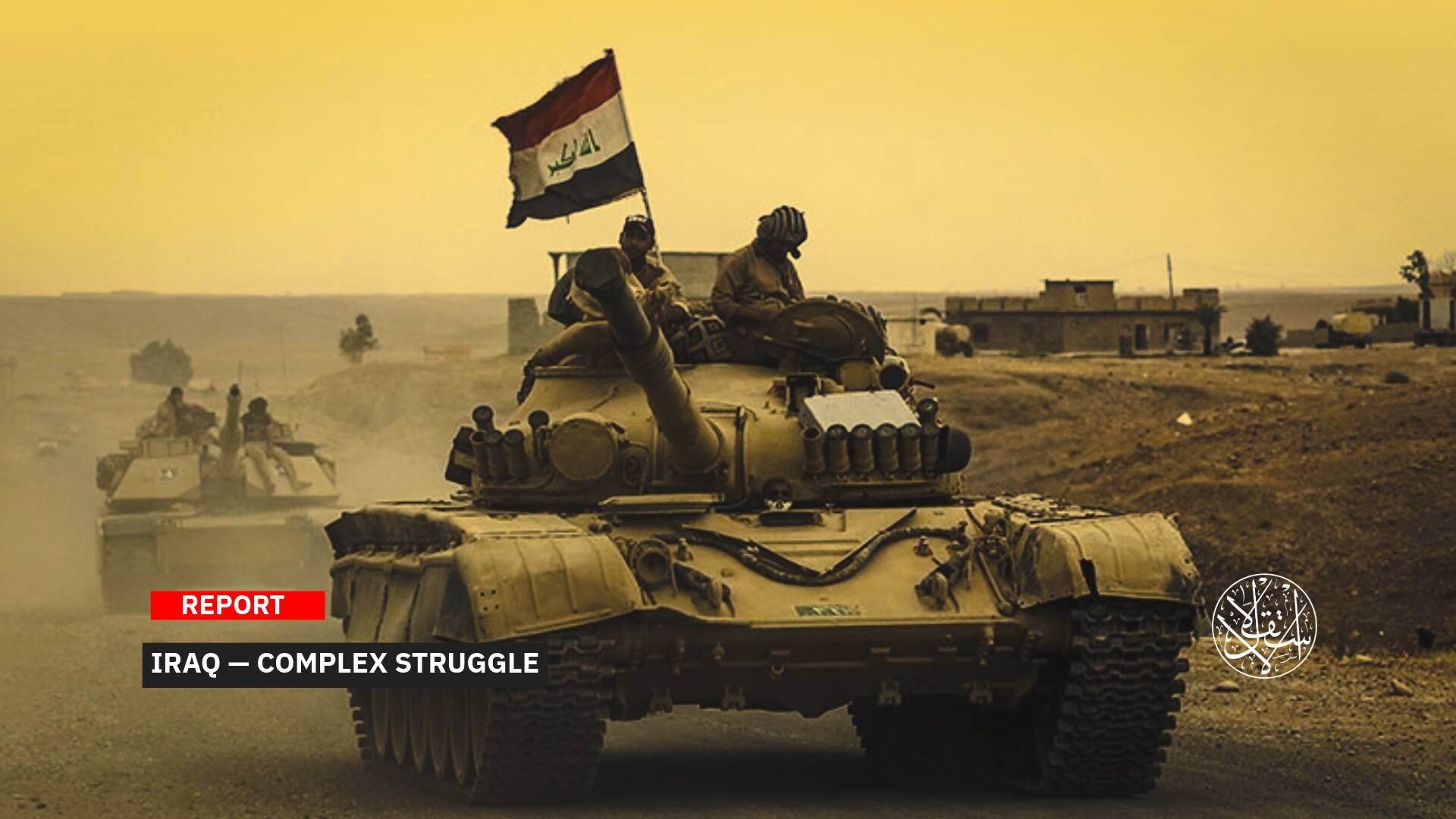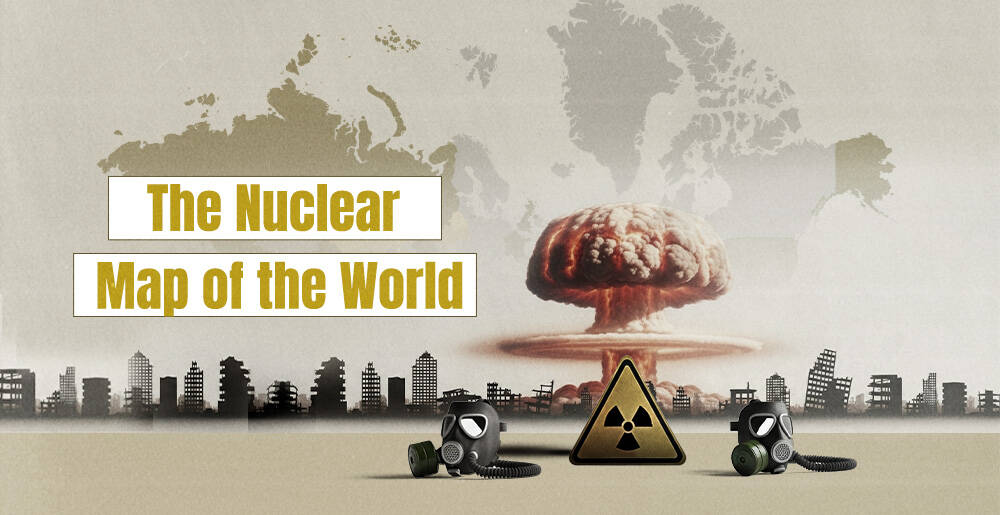70$ Billion Were Stolen by the Mubarak Family! Will The Egyptians Get them Back?

A French website confirmed that Transparency International is seeking to reopen the case into Mubarak assets ( the former Egyptian President) to unfreeze them in France.
"Africa Report" website stated that "despite the European Council's decision to unfreeze the assets of the Hosni Mubarak family on March 12, 2021, the NGO Transparency International wants to reopen the investigation."
The report stressed that "the European Council's decision is a shock to the Egyptian people, who, with each passing year, are less likely to recover the $70 billion embezzled by the Mubarak family during his reign (1981-2011) and which has been scattered throughout the world."
He noted that "in all 27 EU member states, relatives of the overthrown president could now regain direct control of these assets as Egypt is celebrating the 10th anniversary of the Arab Spring."

Embezzlement Of Money
It is difficult to estimate the value of the assets in Europe. Only Spain had made public the freezing of nearly 28 million euros, 7 properties and 5 luxury cars in 2011.
France, the United Kingdom (then a member of the European Union) and Cyprus, which are known to have harboured similar assets and funds, have never communicated any information regarding the frozen or seized assets.
However, according to several news sources, the Mubarak family and their entourage own several flats in Paris worth millions of euros. Furthermore, they also own several bank accounts, notably with Audi France, as was revealed in 2019.
Since the Mubarak family is dissatisfied with being unable to enjoy all these assets in France and the rest of Europe, they are now threatening, through their lawyers, to take legal action against the European Council itself for the freeze imposed over the past ten years.
While the Mubarak family is once again in a position of strength, the European Council feels that the financial sanctions have "fulfilled their objective", with paradoxically acknowledging a "misappropriation of Egyptian public funds", however, during the freezing process, several media outlets investigated whether the freeze was being properly enforced in the United Kingdom as well as in France, according to the report.
As early as 2012, the BBC had established the presence of nearly 10 companies that remained active in London, just one year after the freeze was introduced in the UK. The Panama Papers scandal also revealed that Credit Suisse, which manages an "Offshore" company owned by one of the sons of the late Egyptian president, "had taken financial action that could run counter to the freeze."
It was also revealed how this company had disappeared from the British Virgin Islands' commercial registry without any trace at the end of 2016, suggesting a possible infringement.
Another part of the investigation established certain irregularities concerning a property worth several million euros located in the 8th arrondissement of Paris.
Neighbours’ testimonies referred to the “limousine balls ” every weekend, the extension works and general occupation of the property, in apparent breach of the then ongoing freeze.
In other words, not only does the lifting of the freeze now make it possible to transfer some of these assets, but the freeze itself did not seem to be properly enforced in at least two cases.
These were reprehensible acts from the point of view of the law and on which the French Ministry of Finance, which was in charge of implementing the freeze did not wish to comment.
Ill-Gotten Gains
While the National French Financial Prosecutor's Office ( PNF ) will have to decide on the conditions of acquiring the assets, suspected of being the result of money laundering, the Finance Ministry has ordered the freezing of these assets to ensure that they are not used, transferred, modified or resold.
This will remain the case until PNF’s vice-prosecutor Dominique Blanc (the Prosecutor in charge of this investigation) has delivered his verdict.
According to the Public Prosecutor, "assets frozen or seized within the framework of the ongoing judicial investigation are likely to be returned to the country looted in the event of a final judgment."
While this answer indicates that seizures linked to judicial proceedings remain possible, it does not answer the question of what occurs in the event of the flight of French assets, the Africa report explains.
After the freezing of Mubarak's assets in Switzerland in 2017, the dictator’s sons were acquitted from graft charges in Egypt in 2020, and the United Kingdom and all European countries’ assets were unfrozen in March 2021.
According to Transparency International's president, Patrick Lefas, it is time for the case to find " a new momentum" in France.
With regard to lifting the European freeze, the NGO Anti-Corruption regrets that "there is not much left to do", stressing that the risk of "rushing", as well as the flight of assets from France, is very present.
However, Lefas insists that the PNF may offer a new perspective on this case, stating that "the French justice system has the opportunity today to continue the investigation on the Egyptian section without relying on the proceedings conducted in Egypt."
In other words, Egyptians can still hope for a favorable conclusion to this investigation and the eventual recovery of the assets seized and frozen within the context of this investigation. Lefas has undertaken to determine what follow up Transparency International France may provide to the case.
These efforts may be in the form of an appeal to the French Foreign Ministry and the French Financial Prosecutor's Office to move the case forward, according to Transparency International.
The French website concluded its article by saying: "The NGO has been working since 2019 on an overhaul of the asset recovery system,a key element in the ill-gotten gains cases."









